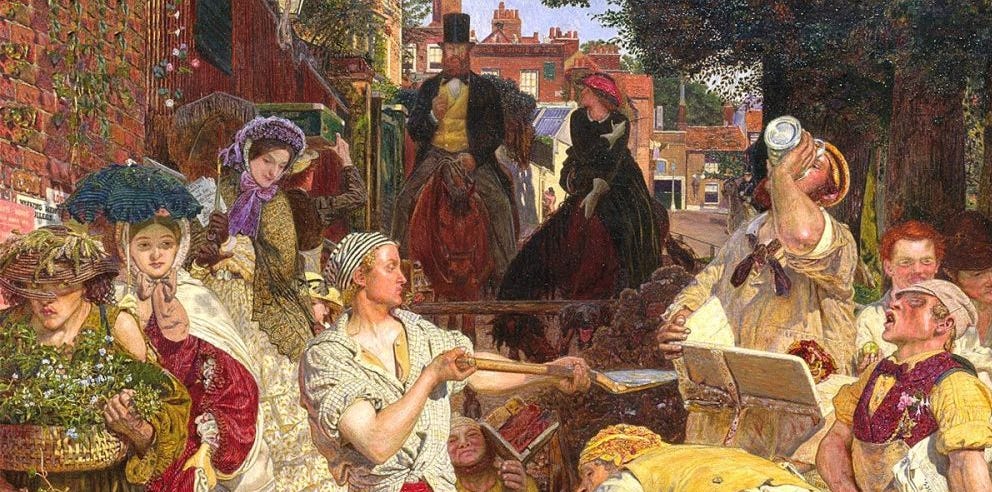The Tyranny of the Working Class
The National Union of Rail Workers, fronted by its newest overpaid, bald-headed Lever Puller, Mick Lynch, once again holds the nation’s middle class to ransom with threats of strikes.
It doesn’t take a clairvoyant to see what will happen next: Rail Workers, bolstered by their image as “working class men” will receive a hefty rise to their already substantial £60,000 per annum salary with full popular support, and British Rail will continue to operate well below the level of efficiency enjoyed by mainland Europeans.
It is easy enough for Lever Pullers to get away with this with little to no popular opposition, because nobody in the supposedly-maligned working class actually uses their services. The working man abandoned public transport long ago when he became more affluent than the middle class man, and chooses now instead to clutter our streets with his ugly automobiles and personalised number plates. Trains, bikes and pedestrianism are modes of transport for the now-impoverished middle classes. It is they — it is we, reader — that will suffer.
Despite now outperforming the professional classes in every conceivable economic way, the working class continues to leverage its reputation as the nation’s “underdog” — patently false since at least the late ‘80s — to suck up the last of the nation’s wealth. The result is not only an impoverished middle class, but a degradation of the entire culture. At its height, through the 18th-20th centuries, the middle class used its wealth to imitate the tastes and styles of an increasingly redundant aristocracy. What followed was a democratisation of good taste. Each successive generation, irrespective of class, became slightly more erudite due to this cultural trickle-down effect. That “ever-growing cultural stock” which Bentham conceptualised had found its motor in an intellectually curious and benevolent middle class.
New Labourism reversed this when it made the working class into millionaires, and turned the lower middle classes into their perennial renters. Not only are the school teachers and veterinarians of Britain worse off than ever, they now have to face the humiliation of giving what little they earn to their new feudal lords, the sons of bricklayers. With new wealth comes new cultural capital: money for theatre tickets, good wine, and art has all but disappeared, while tattoo artists, electronic goods manufacturers and chip shop owners rake in the cash from their newly-minted patrons.
Inverse class snobbery is the greatest impediment to social and cultural progress in Britain. The ostensibly middle class teachers could demand a pay rise on the basis that, unlike the labouring man, their profession requires the maintenance of a tolerable appearance, and their self-esteem the possession of tolerable lodgings, but their demands are unlikely to be met. The British public holds anyone who exercises an intellectual profession in contempt, and loathes the idea of a well-kempt person in a decent home.
Today’s working man lounges in sweatpants in a big glass house, loudly contemptuous of the schoolteacher who said he would amount to nothing. Perhaps the working class are right to be contemptuous of schoolteachers. In modern Britain, they could be said to occupy the least useful of public functions, given that the surest path to success is to fail in education and become a train driver.





